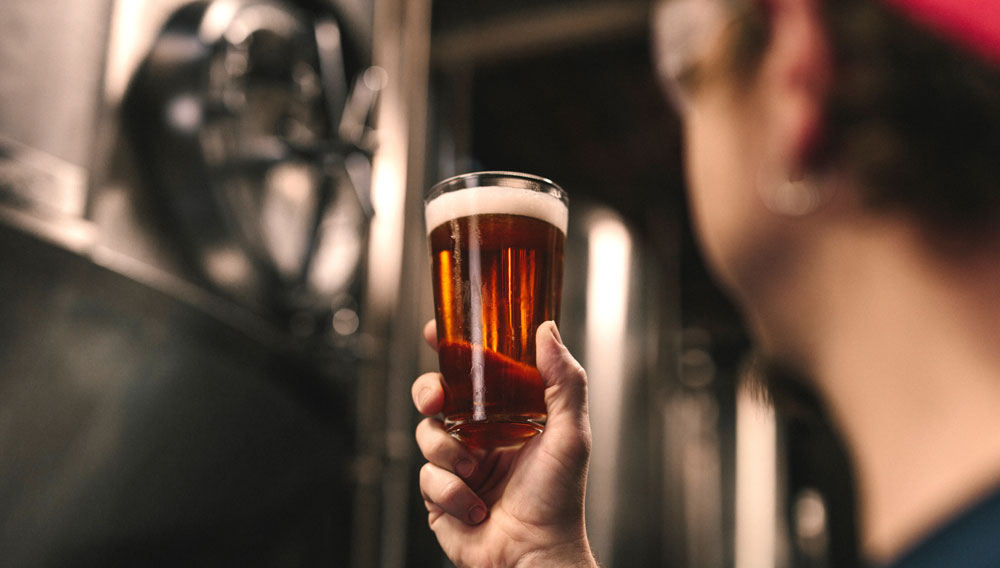Impact of Fermentable and Non-Fermentable Carbohydrates on the Sweetness, Improvement of Palate Fullness and SO2-Content in Beer
Carbohydrates are involved in many reaction mechanisms during the brewing process, such as formation of Strecker degradation products, Maillard-reaction, oxidative processes, etc. Thus they can have an important influence on the stability and taste of beer. Aim of this study was to investigate influences of fermentable and non-fermentable carbohydrate addition into the brewing process prior fermentation to better understand their influence on the yeast metabolism, osmotic pressure, sweetness, palate fullness and SO2-formation during fermentation.
Compared to the standard wort without sugar addition, the results demonstrate a general increase in SO2-formation during fermentation which depends on the carbohydrate. The highest increase in SO2 results from the fermentable sugars glucose and sucrose followed by the non-fermentable sugar isomaltulose. The addition of polydextrose showed the least increase. The observed increase in the SO2-formation in correlation to a specific extract addition due to non-fermentable carbohydrates is mainly based on their influence on the osmotic pressure in the pitching wort with the osmotic pressure depending on the molecular size.
When fermentable carbohydrates are used an enhanced yeast metabolism and more active glycolysis need to be considered. These effects lead to an accelerated production rate of pyruvate, acetaldehyde, ethanol and carbon dioxide. Consequently they are responsible for a stronger increase in the SO2-formation during fermentation. With the right process management, the higher SO2-content in the final beer caused by carbohydrate addition can improve the oxidative beer and flavour stability. In the sensory analyses a carbohydrate dependent turning point was generally noticeable at which the sweetness started to dominate and the panel rated the influence on the sweetness much stronger in comparison to the palate fullness.
Taking into consideration all data, it can be concluded that increasing the final wort extract up to 2 % and 3 % respectively with non-fermentable carbohydrates, such as isomaltulose* and polydextrose can improve the palate fullness and oxidative stability of beer. A higher sugar addition prior fermentation cannot be advised, because the influence on the sweetness of the beer is enhanced and covers the positive effect on the palate fullness and the typical beer taste.
Authors
T. Kunz, C. Reinhardt, L. Eon-Jeong, Tillmann Dörr, Anette Radowski, Frank-Jürgen Methner
Source
BRAUWELT International 2013


